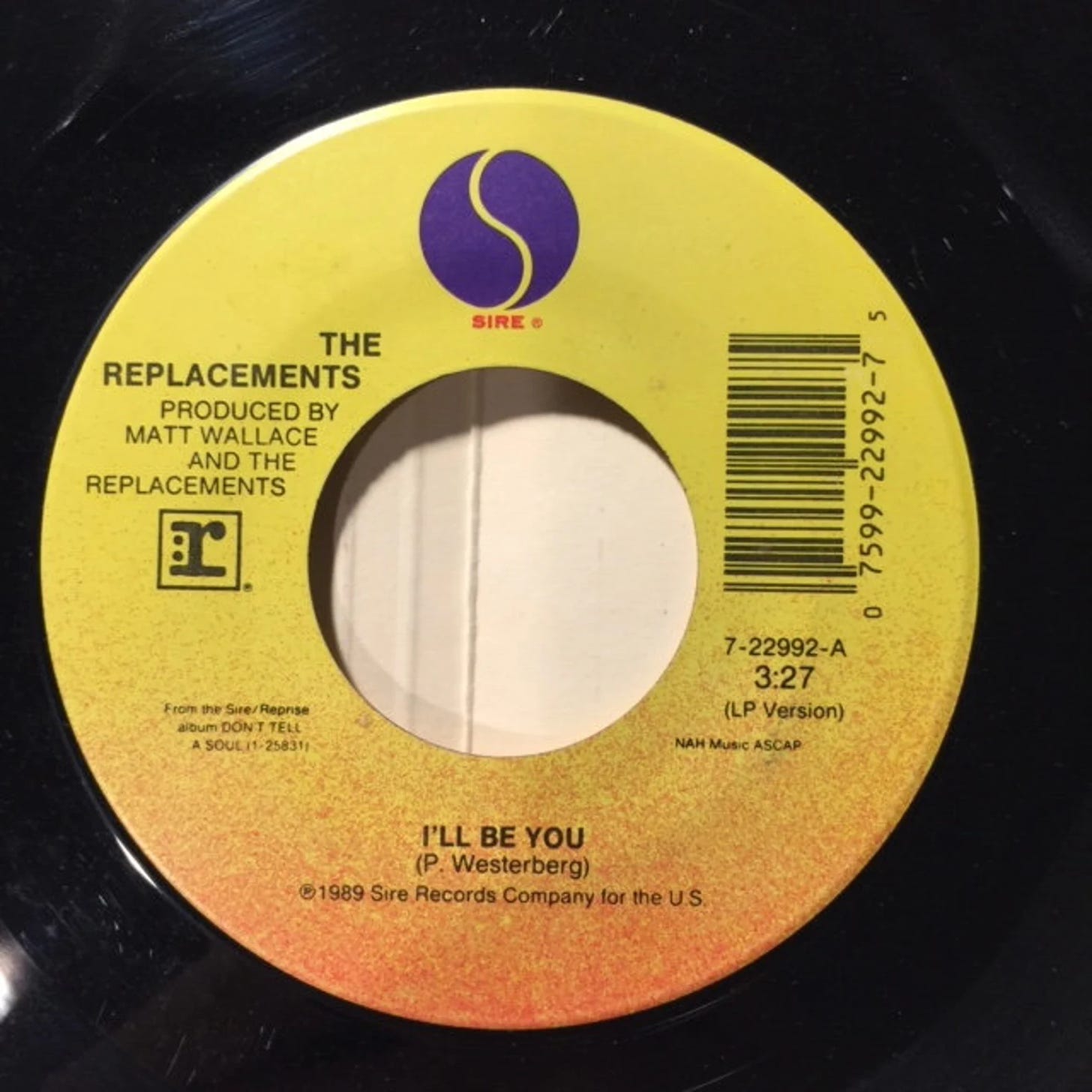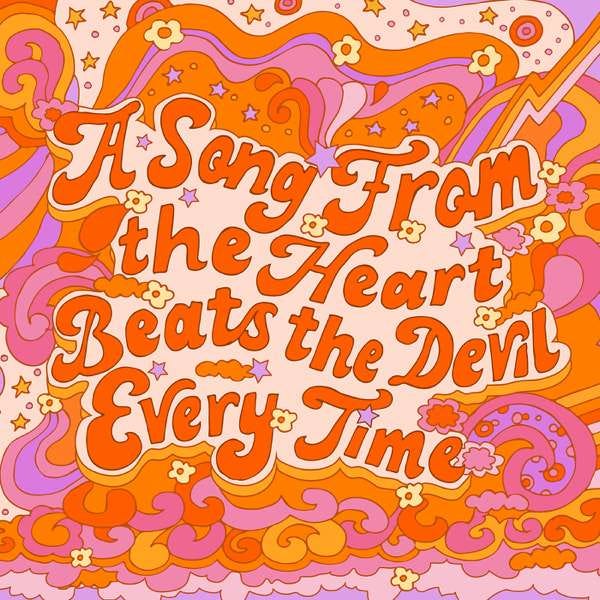Guest Contributor #4: Bill Ackerman
Another wonderful podcaster, writer, and dear friend contributes to this here project with answers to my questions all about film, food and music! Thankful for Bill.
1. What is a movie that you think people should know about that speaks to you?
This isn’t necessarily among the more obscure films I like, but David Crosby: Remember My Name is one I often think about. I have a weakness for music documentaries, even if many of them follow a Behind The Music formula and don’t register as especially great cinema. At worst, arts-related documentaries can fall into a fawning hagiography mode, uncritical fan service supervised by the artist or their estate. That’s not the case here. While I enjoy some of David Crosby’s music, whether as part of groups like The Byrds or Crosby, Stills, Nash & Young or as a solo artist, calling myself a fan might be getting carried away, so my appreciation doesn’t stem from that. What I find so haunting about David Crosby: Remember My Name is that while it dutifully goes about making the usual case for his genuine artistic and cultural importance, like many similar documentaries, it’s also about the price a certain kind of man pays for being an asshole.
Cameron Crowe is a writer-director who made a huge impact on me growing up, in particular with his screenplay for Amy Heckerling’s Fast Time At Ridgemont High and his directorial debut, Say Anything… Although A.J. Eaton is the credited director of David Crosby: Remember My Name, producer/interviewer Crowe’s dominant presence strongly situated the film within his own body of work as an auteur. And in many ways, it’s the tragic companion film to his autobiographical Almost Famous, which presents an almost too-sunny portrait of 70s rock star excess, with an interconnected community enjoying one last hurrah of hedonistic irresponsibility before the whole culture became corporatized. In Almost Famous, relationships can be tested by ego battles and assorted betrayals, but everyone walks away unscathed with their friendship intact, or at least in the case of a band that’s becoming a business, as civil partners. It was a music fan’s fantasy version of that world, Crowe’s most comforting film.
David Crosby: Remember My Name opens with Crosby telling an anecdote about John Coltrane, echoing Russell Hammond’s answers to young journalist (and Crowe surrogate) William Miller’s questions about music in Almost Famous, erasing the fan/star divide with a genial “we’re all just awed by music, man” sentiment. And the documentary is partly a celebration of music and the spirit of the times that inspired musicians within Crosby’s social circle, such as Joni Mitchell. But the warm nostalgia for Woodstock-era youth culture is contrasted with the stark realities of Crosby’s life in the present: frail, socially isolated, touring to keep the bills paid after selling off his lucrative publishing rights years ago, recording new music for a niche audience with much younger collaborators.
Yet before we can develop too much sympathy for the man, we come to understand what a nightmare he could be as a chaotic young star: a bratty attention-whore bandmate, a narcissistic womanizer, an addict who obliviously took others down with him. The drug-fueled hedonism of 70s rock stardom gave way to burned bridges and a litany of health/money/legal problems, with Laurel Canyon singer-songwriter introspection devolving into a kind of nostalgic self-pity that can come across as potentially manipulative in an interview context (a notion the subject craftily acknowledges on camera). We learn that all of his most celebrated collaborators detest him now, and I have to assume that this film is pulling its punches as far as exploring the specific reasons why many of these relationships turned acrimonious. But that ambiguity only serves to make the film more universal, since we’ve all known, or been, the sort of character whose demons drive other people away. So many artists utilize the film medium in order to mold and shape how their legacy will be remembered, but I’ve always assumed the lives of most of them could inspire similarly disquieting portraits if circumstances permitted it.
2. What is a favorite song that made you excited to explore a band / artist's career further?
This is a harder question than you’d think, because in the years when I was actively gorging on new music (and I can’t recall when that stopped, only that it did), I often blind bought entire records without hearing a note. I’d put my trust in music reviewers, in particular with the writers for the Trouser Press Record Guide. Whereas nowadays, I’m usually content to grab a song I like and dig no further. But one song that belatedly lead me to explore a whole discography was one I heard on the radio in the Spring of 1989, the fluke-ish almost-a-hit (it peaked at #51 on the charts) I’ll Be You by The Replacements, from the record Don’t Tell A Soul.
Most songs on the radio in ‘89 were either dance pop with a really compressed drum machine sound, or the blandest iteration of hard rock power ballardry. I’ll Be You sat outside all of that: it was melodic, but slightly exhausted, pop rock, played by a bunch of disarmingly image-free (by 1989 standards, Tommy Stinson looked a little glam in retrospect) guys. At a time when nearly every song on the radio was about love or having a good time, Paul Westerberg tunefully rasped about boredom, having a breakdown (just in case) and an imminent collapse. It was romanticized defeat, something I’d later learn The Replacements were experts in. What little I knew about The Replacements (and R.E.M. and The Pixies) was that they were “college rock”, a description that probably hasn’t been in active use since the fall of the Berlin Wall, but that’s what I knew it as then. I had yet to enter high school, so this was one of the last times I thought of specific music as being made for kids older than myself. Maybe they wrote term papers while listening to it.
When Nirvana’s Nevermind hit a little over two years later, I remember excitedly thinking their song Drain You was “college rock like The Replacements”, and that’s when I finally decided to save up and buy Tim, Let It Be, Pleased To Meet Me...and THEN Don’t Tell A Soul, because I trusted all the books that said it was an uneven record, which I suppose it is. But I’ll Be You was the kind of song that developed a mythology in my head for years about who the band was and what they represented. When I saw them in 2015, they didn’t play it, and broke up (again) a month later, as if enjoying a successful comeback was simply too out of character. I still harbor misgivings that most people will always attribute the “rebel without a clue” line to Tom Petty.
3. What does your perfect comfort meal consist of?
I don’t know that I have one, but for years I frequently made pasta and spinach, with chopped garlic sauteed in olive oil and topped with parmesan cheese. Maybe I’ll make it again tonight.
4. What is something that moves you to tears (film, song, book, anything)?
I’ll mention a few podcast episodes that come to mind. Since this answer is intended for Jim Lazckowski’s own Substack, I would have to mention the Director’s Club interview he conducted with Pump Up The Volume director Allan Moyle, where Jim catches the unsuspecting filmmaker off guard with a personal confession right at the outset.
A personal favorite among the many projects of author/programmer/filmmaker Kier-La Janisse is her wonderful A Song From The Heart Beats The Devil Every Time, a podcast focused on cult kids film and television from 1965-1985. While my favorite episode tackles the Brigham Young University short film Cypher In The Snow, the one that comes to mind in terms of a surprising emotional wallop is devoted to Stanley Kramer’s Bless The Beasts And Children…I’d rather not spoil anything beyond that.
And while the tone of film discussions on Black On Black Cinema tends to lean more towards humor or earnest sociopolitical critique, their openness and comfort level with one another (and their audience) can see their film reviews digress into some deeply personal territory, whether it’s painful discussion of fathers when tackling Fences, the observations about shared achievements in a review of Steve McQueen’s Education, or a warmly affectionate love letter to acting underdogs in a bonus episode titled Giving Them Their Flowers, where the hosts celebrate some of their favorite less-heralded performers. Maybe because I find expressions of kindness and gratitude move me more easily than tragedy, I’ve found this episode affecting even on a repeat listen.
Bill Ackerman is the host of Supporting Characters (https://www.nowplayingnetwork.net/supportingcharacters), From the Neighborhood (https://www.nowplayingnetwork.net/neighborhood) and occasionally Director's Club (https://www.directorsclubpodcast.com) podcasts. He has written for Diabolique, Late List, Lunchmeat Magazine and Rupert Pupkin Speaks, appeared as a guest on plenty of podcasts, co-authored the book The Blood And Flesh Files with Amanda Reyes for Severin Films, and contributed booklet essays and audio commentaries to a few Blu-Rays. He proofs booklets for Radiance Films, and typically updates the Auteurist Trap blog (https://auteuristtrap.blogspot.com) once a year.
Recommended listening/viewing is this episode of The Disc-Connected feat. Bill (and also a possible hint for the next upcoming guest contributor too!) - Jim
All guest contributions available here: https://5years.substack.com/t/guest






